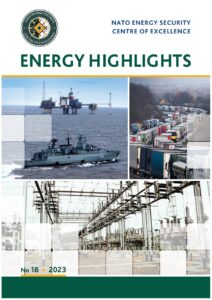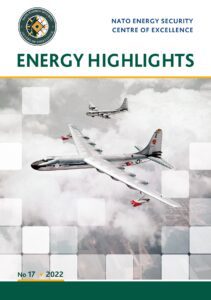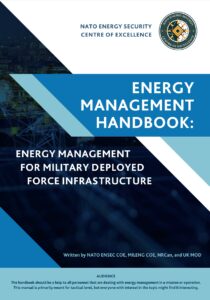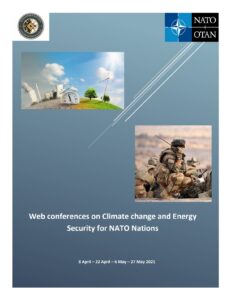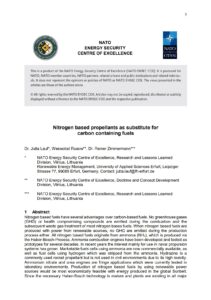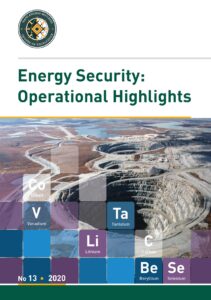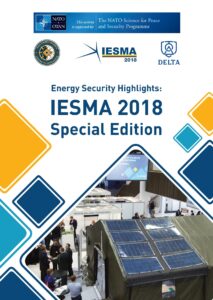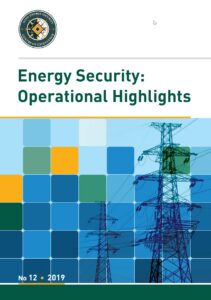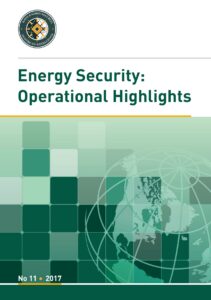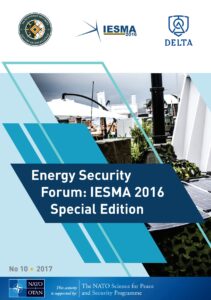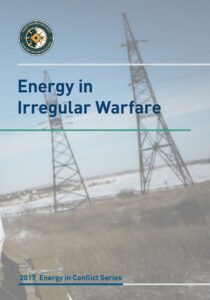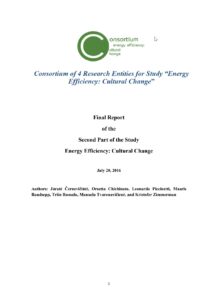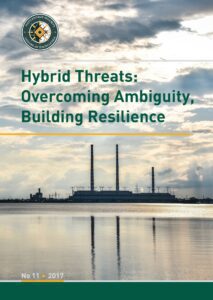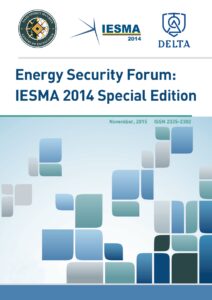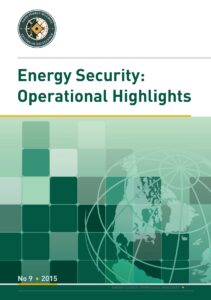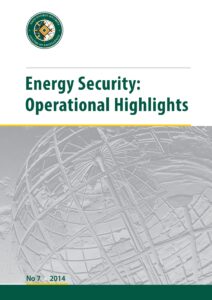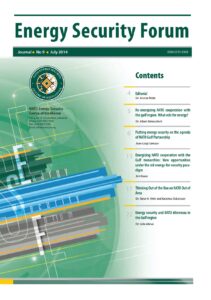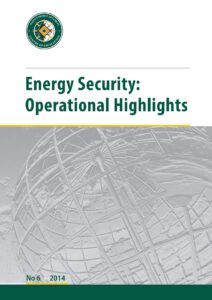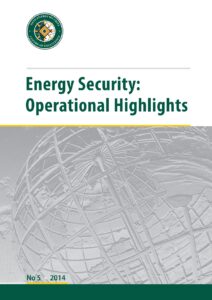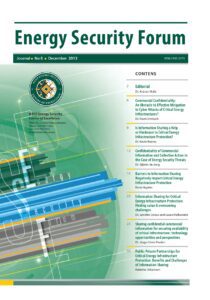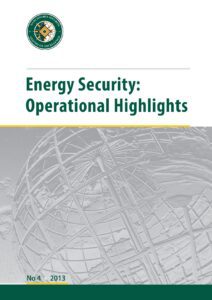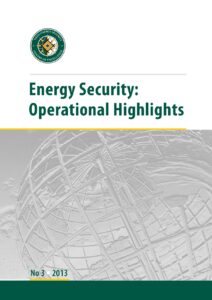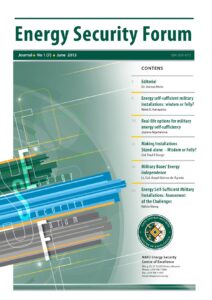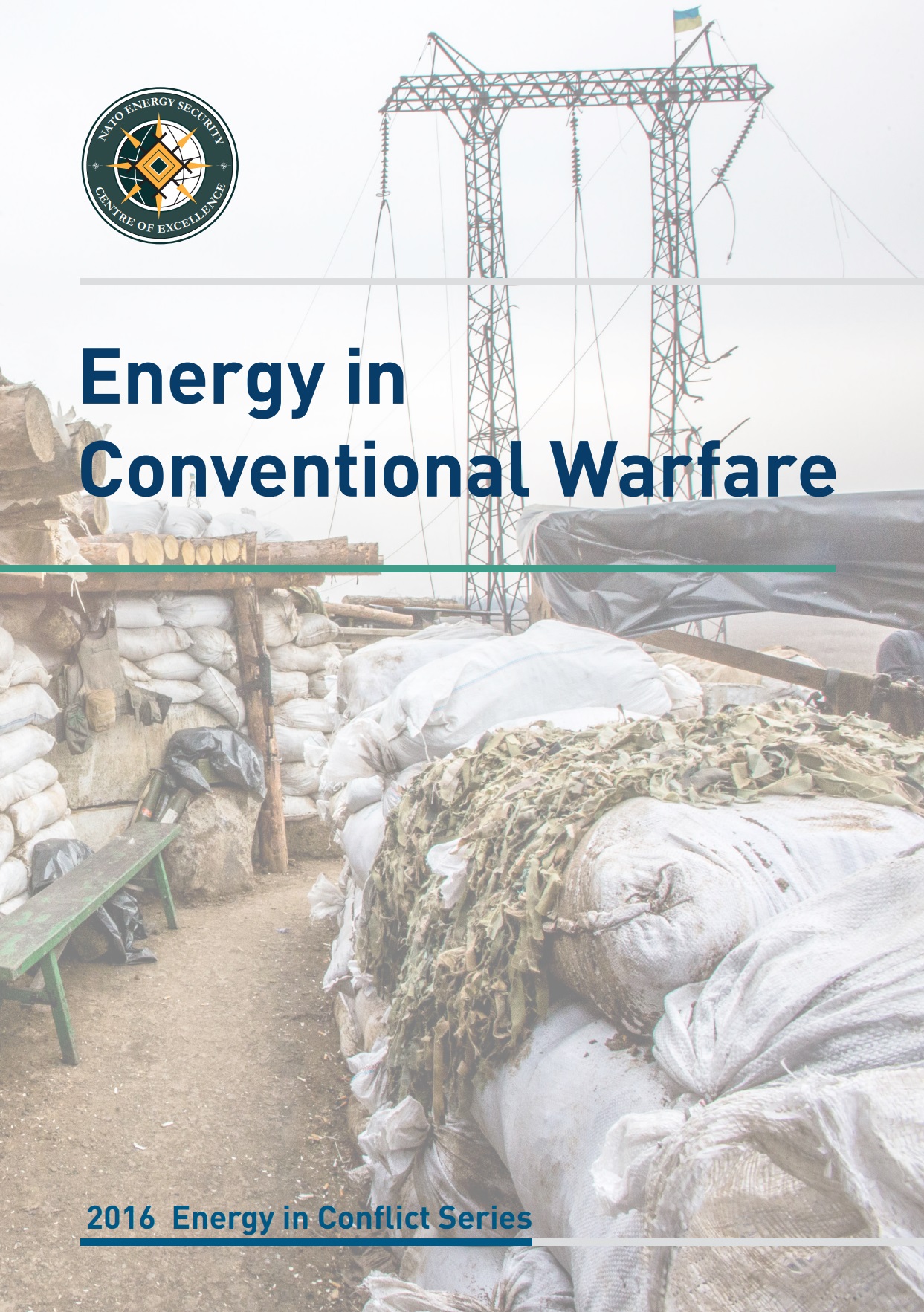
Since the rise of coal in the industrial revolution, and later through petroleum-based products, energy has been both a driver and a key dynamic in conflict. Conversely, conflict has also had a significant impact on energy infrastructure, through its destruction and prioritisation as a target. Understanding the role of energy in conflict is essential to decision makers and military planners.
This paper sets the historical understanding for the “Energy in Conflict” series from the NATO Energy Security Centre of Excellence, which will seek to inform decision makers over emerging energy security challenges and their implications. This paper considers energy in conventional warfare, and should be read in partnership the paper “Energy in Unconventional Warfare”.
This paper uses the US definition of conventional warfare – “A form of warfare between states that employs direct military confrontation to defeat an adversary’s armed forces, destroy an adversary’s war-making capacity, or seize or retain territory in order to force a change in an adversary’s government or policies. The focus of conventional military operations is normally an adversary’s armed forces with the objective of influencing the adversary’s government.” (US Department of Defence, 2007).
Through the historical analysis of a number of chronological case studies this paper looks at the different dynamics of energy in conventional conflict; as a driver of conflict, with nations competing for resources; as a strategic aim with in conflict, with militaries seeking to either deny opponents resources, or obtain them for themselves; or as a limiting factor for military operations through energy shortages.
The case studies used also demonstrate the significant impact that conflict can have on energy infrastructure and systems, with implications for energy production, electricity generation, global energy prices, environmental damage and social unrest.
Heiki Jakson, James Brendan Byrne, Emanuele Nicola Cecchetti, Jan Ciampor, Jaroslav Hajek, Maximilian Hausler
Edited by Ben Short, Moniek de Jong and Larry Hughes

